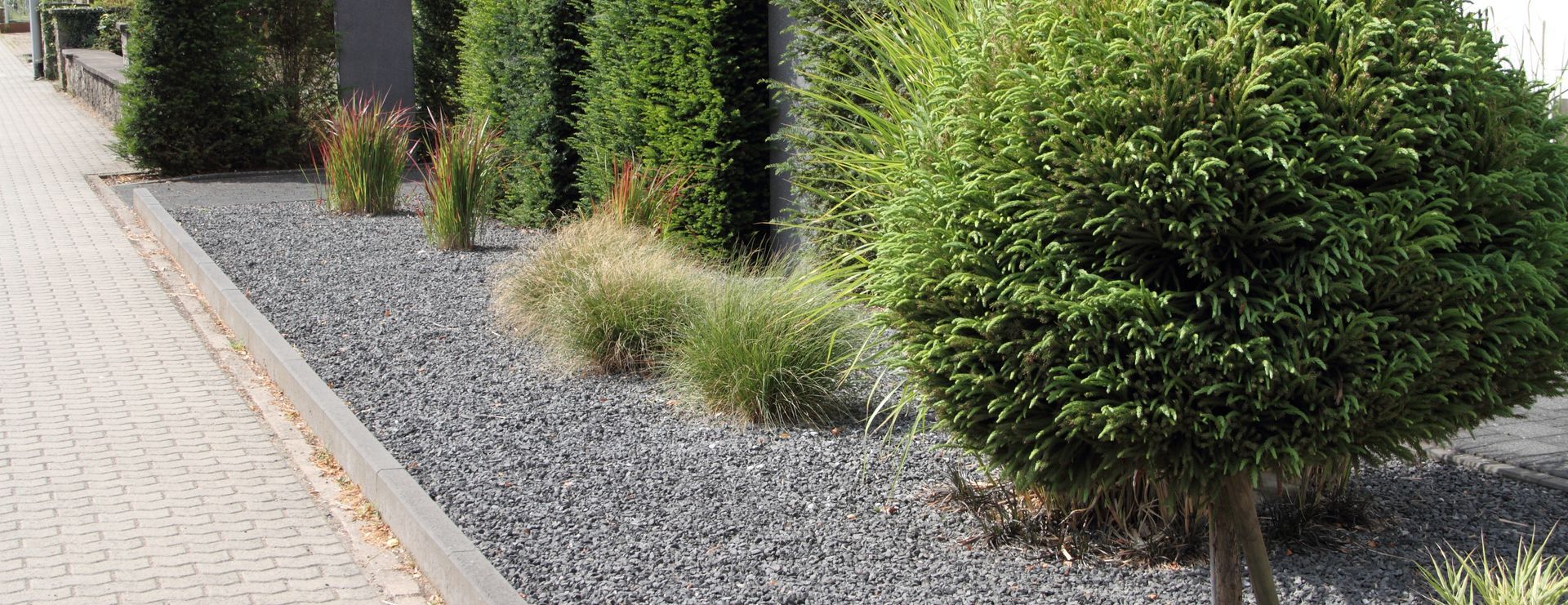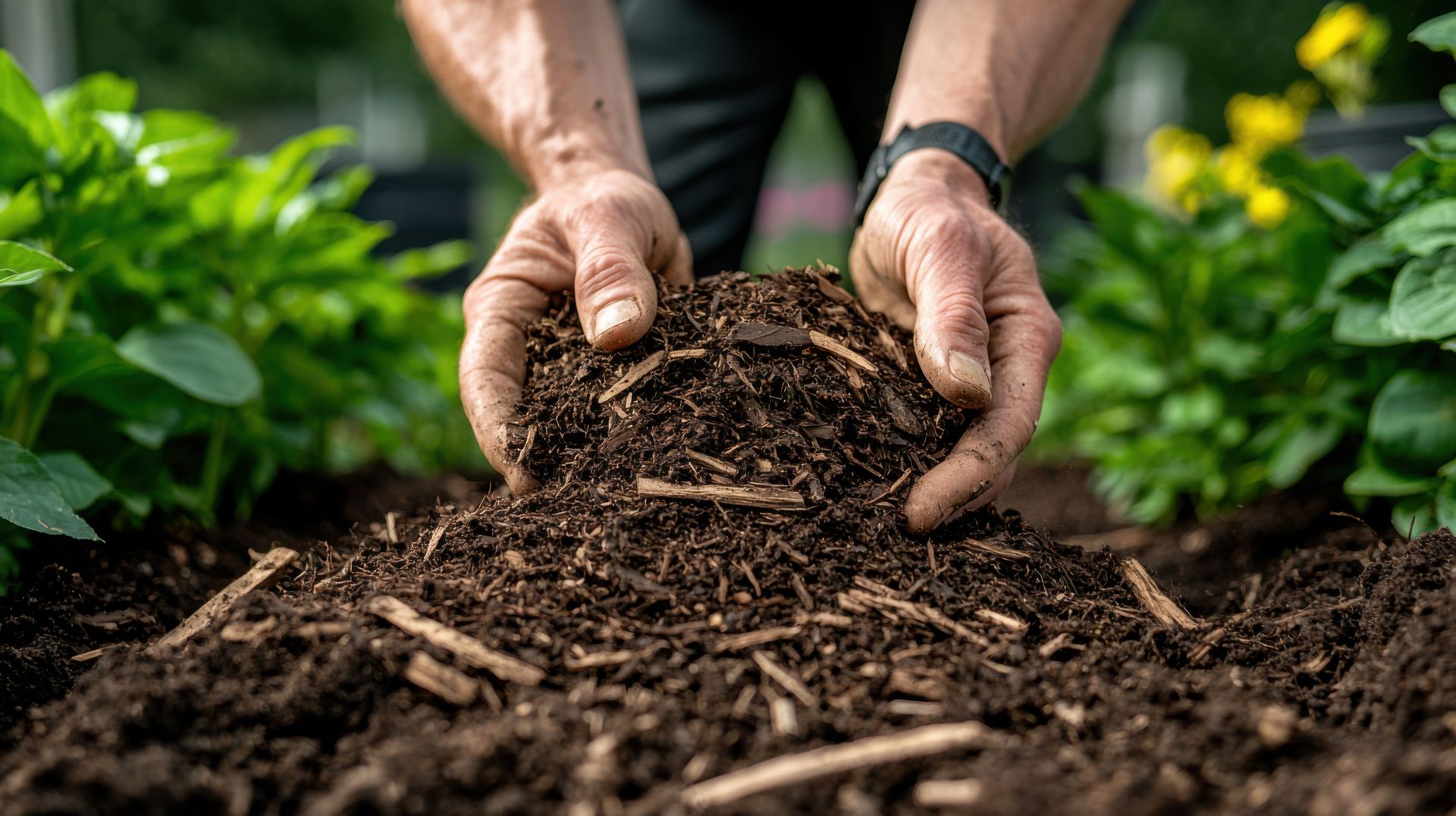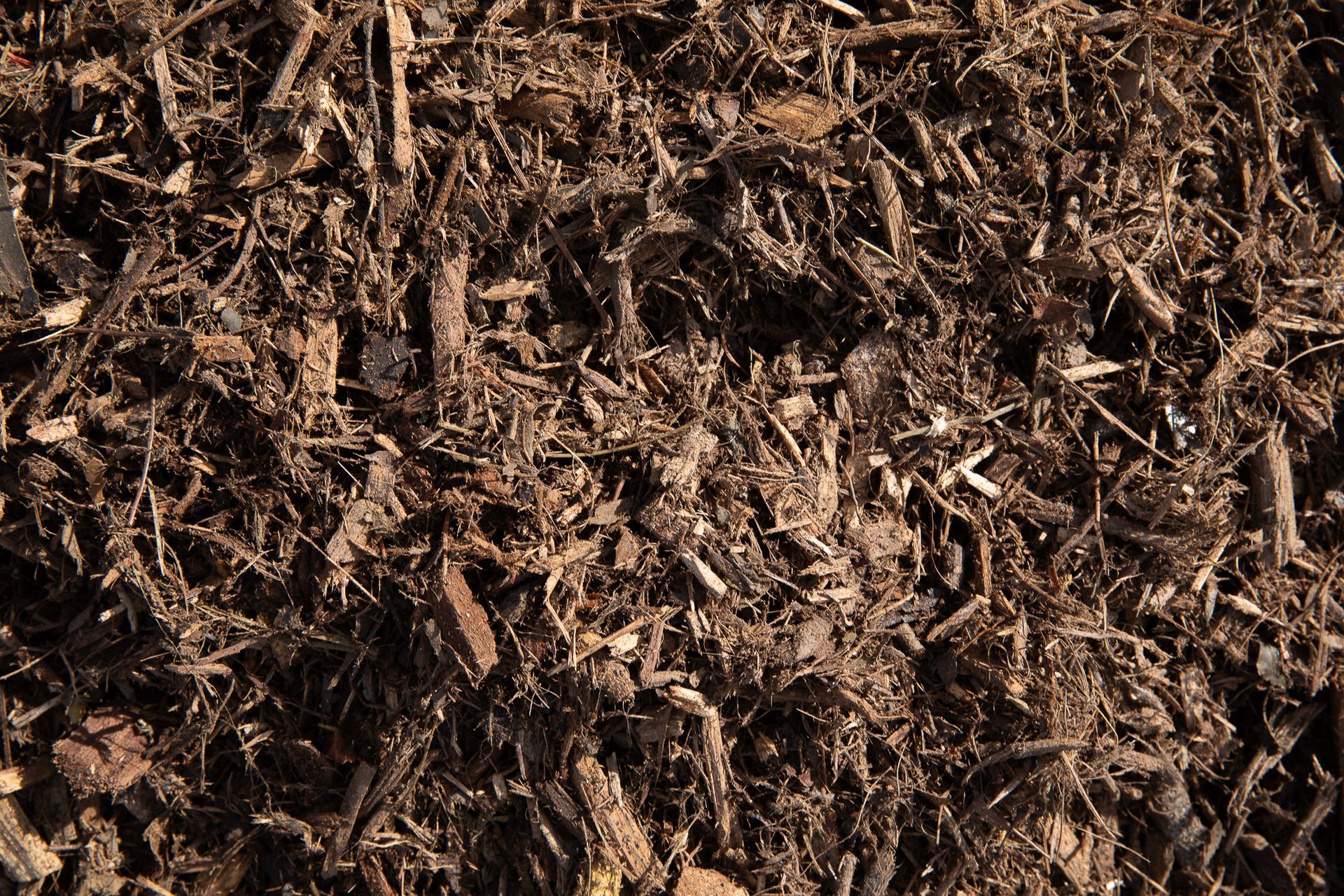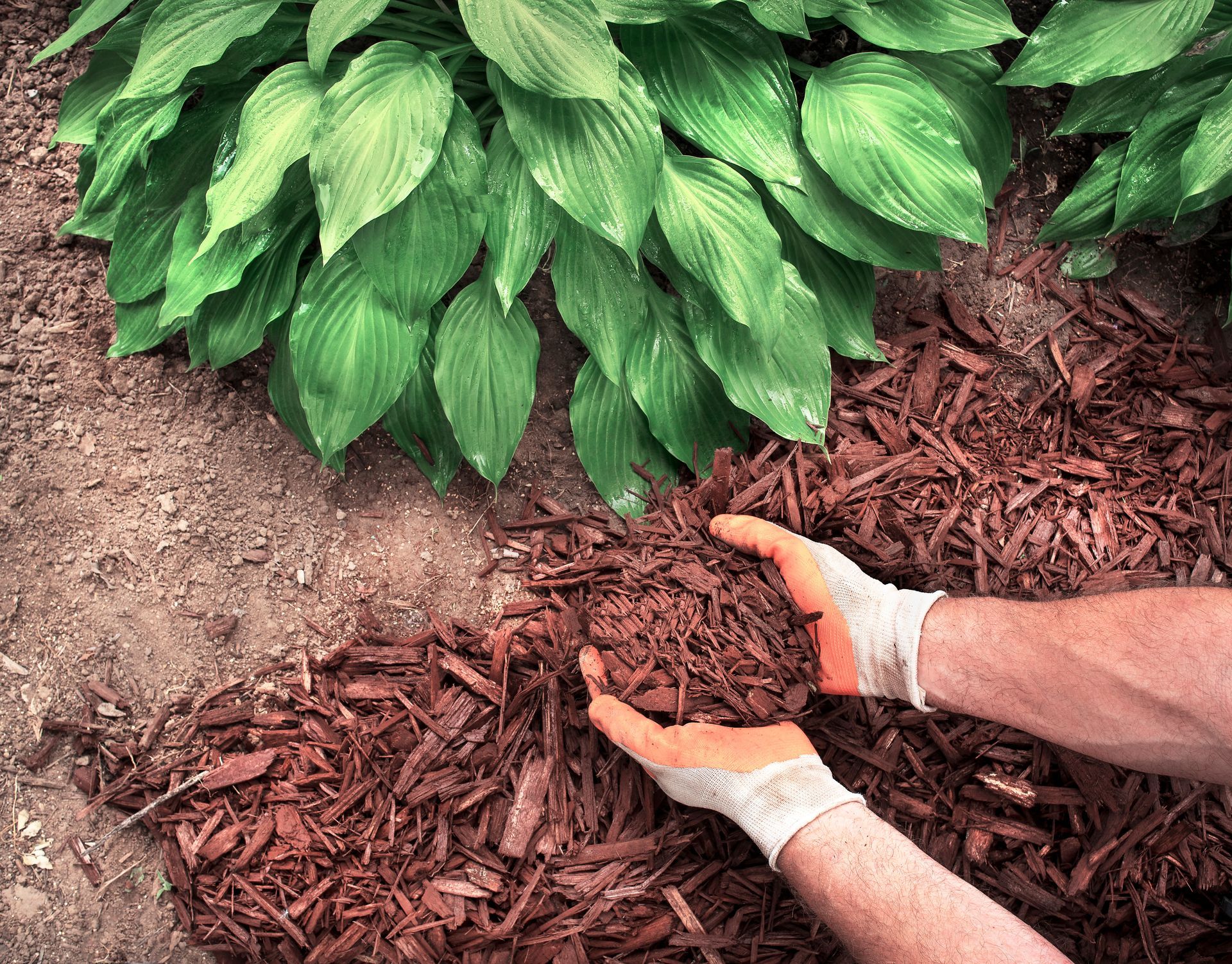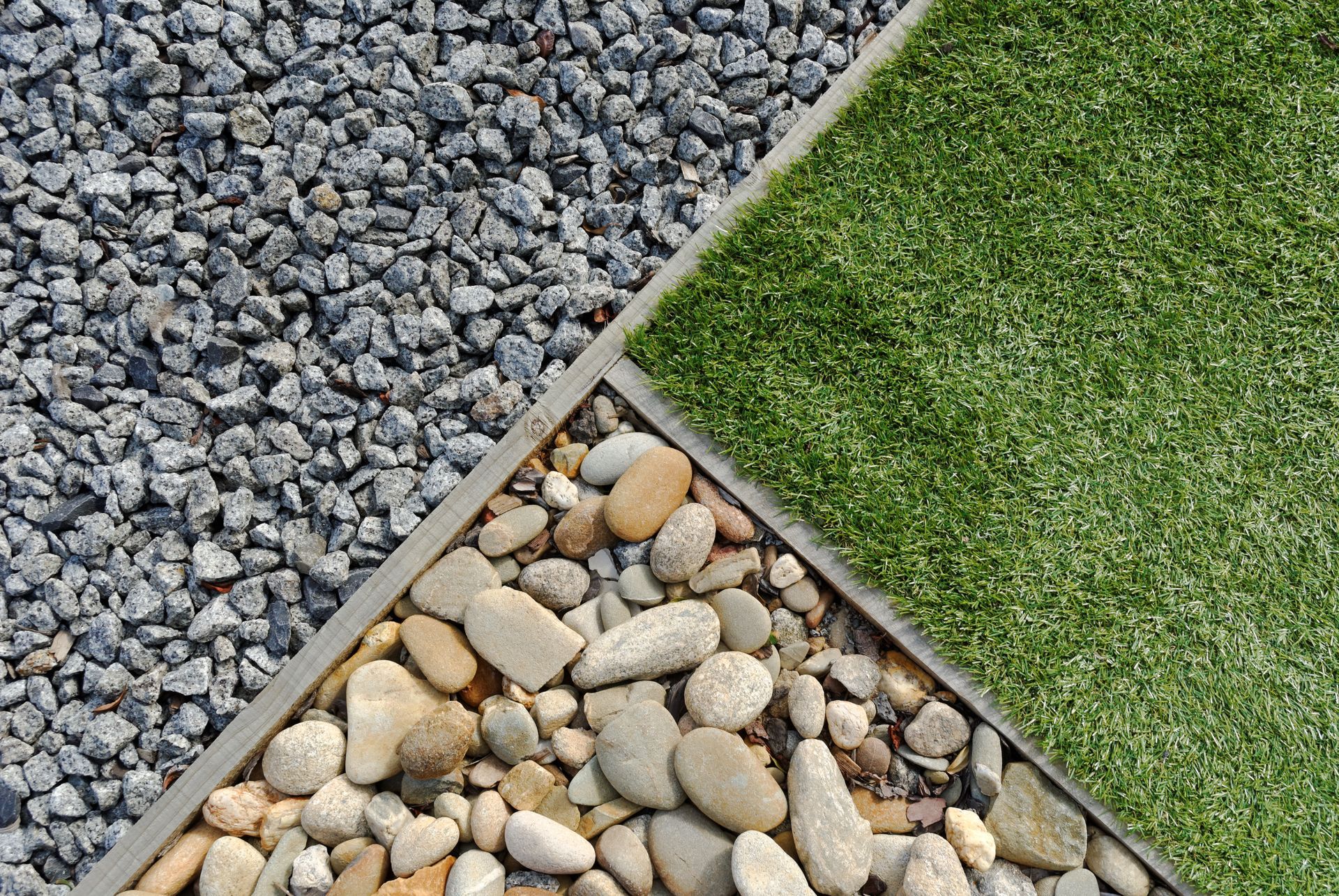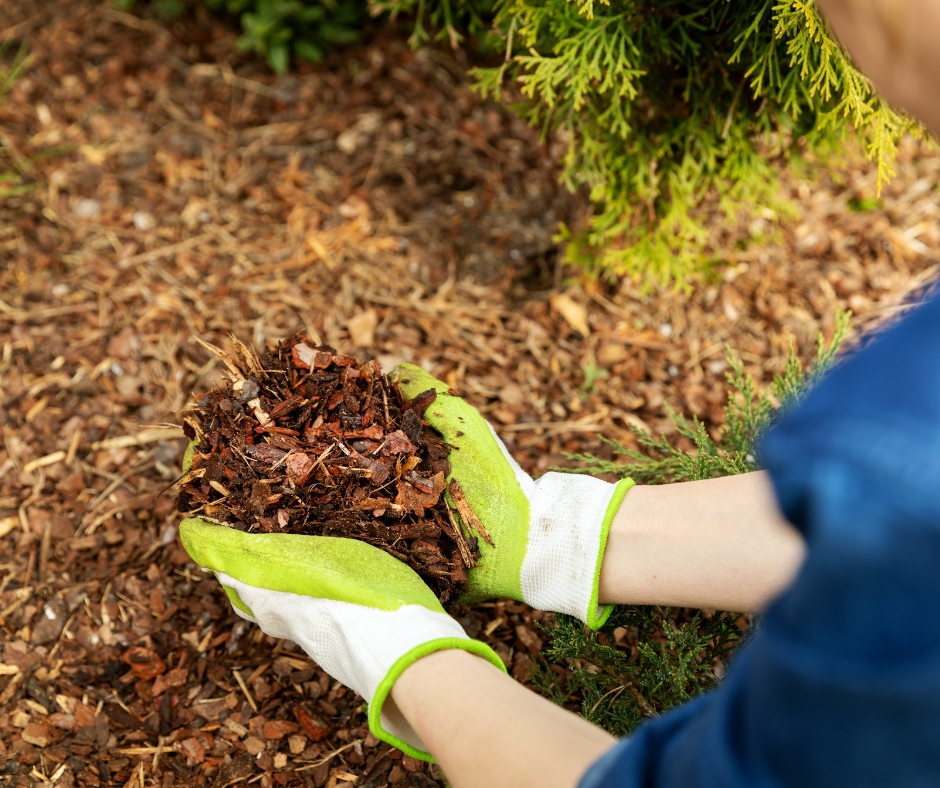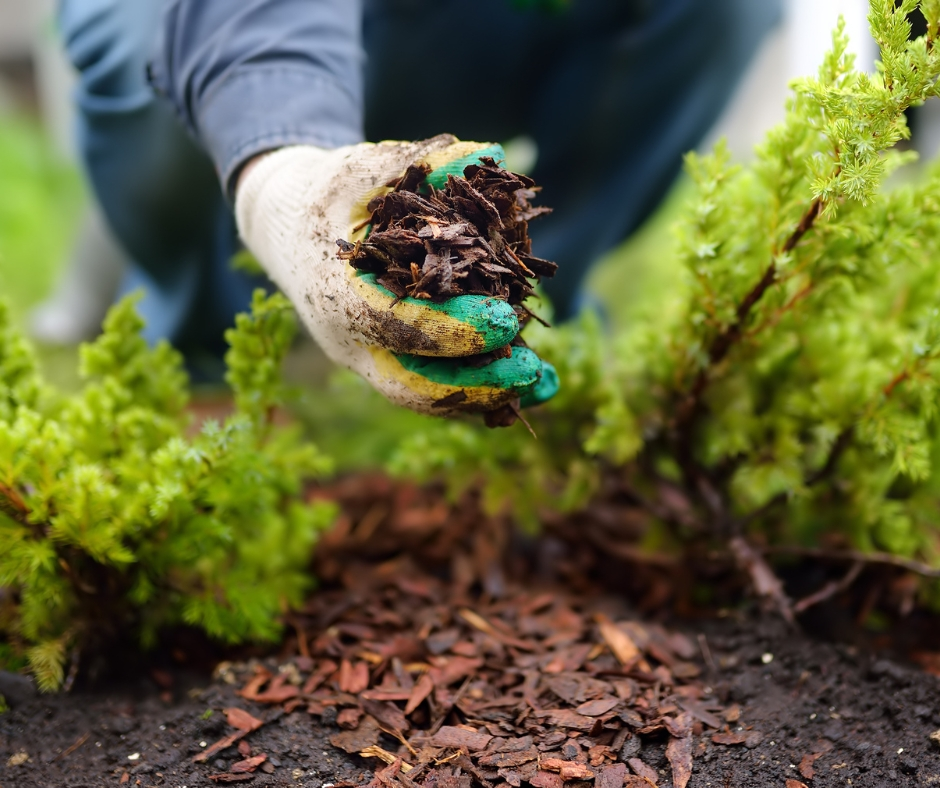November 21, 2024
Mulch is a game-changer for any garden, offering benefits like moisture retention, weed control, and soil improvement. However, not all mulch is created equal, and choosing the right type for your San Diego garden requires careful consideration of the local climate, your plant’s needs, and your long-term landscaping goals. We’ll compare organic and inorganic mulch and provide tips to help you select the best option for your unique garden. Organic vs. Inorganic Mulch: What's the Difference? Organic Mulch Organic mulch is made from natural materials that decompose over time, adding nutrients to the soil. Examples include wood chips, bark, straw, grass clippings, and compost. Advantages: Soil Enrichment: As it breaks down, organic mulch improves soil structure and fertility, promoting healthier plants. Eco-Friendly: Organic mulch recycles natural materials and reduces waste. Wide Availability: Easily sourced from garden centers or even your yard waste. Drawbacks: Maintenance: Requires replenishment as it decomposes. Pest Attraction: Certain types, like straw or grass clippings, can attract pests if not properly managed. Best For: Flower beds, vegetable gardens, and areas where soil health is prioritized. Inorganic Mulch Inorganic mulch includes gravel, stones, rubber mulch, and landscape fabric. These materials do not decompose, making them a more permanent solution. Advantages: Low Maintenance: Inorganic mulch doesn’t break down, meaning less upkeep over time. Durability: Ideal for high-traffic areas or regions prone to harsh weather. Aesthetic Appeal: Comes in various colors and sizes, perfect for modern or minimalist garden designs. Drawbacks: No Soil Improvement: Unlike organic mulch, inorganic materials don’t add nutrients to the soil. Cost: Can be more expensive initially compared to organic options. Heat Retention: Some inorganic materials, like rubber mulch, can retain heat, potentially stressing plants in hot climates like San Diego. Best For: Pathways, rock gardens, xeriscaping, and decorative purposes. Tips for Selecting Mulch Based on San Diego’s Climate and Plant Needs San Diego’s climate is characterized by mild winters, warm summers, and minimal rainfall, making mulch a vital tool for conserving water and maintaining healthy soil. Here are some tips to guide your choice: 1. Consider Water Conservation In San Diego's dry climate, retaining soil moisture is crucial. Organic mulch, such as bark or wood chips, works well in garden beds to keep the soil cool and prevent evaporation. For drought-tolerant landscaping, gravel or decorative stones can complement succulents and other xeriscape plants while reducing water needs. 2. Match Mulch to Your Plants Vegetable Gardens: Opt for organic mulch like straw or compost. These materials break down quickly, enriching the soil and benefiting nutrient-hungry crops. Flower Beds: Use shredded bark or wood chips to maintain a polished look and suppress weeds. These mulches also decompose slowly, providing long-lasting benefits. Native and Drought-Tolerant Plants: Gravel or decomposed granite perfectly matches succulents and drought-resistant plants, offering excellent drainage and a natural aesthetic. 3. Account for Heat Retention Some mulches, like rubber or dark-colored stones, can absorb and retain heat, which may stress your plants during San Diego’s hotter months. Choose lighter-colored stones or organic mulch to reflect heat and cool your soil. 4. Balance Aesthetics and Functionality While appearance matters, functionality should guide your mulch choice. For example, decorative rock might look stunning in a modern garden, but it won’t provide the soil-enriching benefits of organic mulch. Consider combining organic and inorganic mulch for different landscape areas to achieve beauty and functionality. 5. Plan for Maintenance If you prefer a low-maintenance garden, inorganic mulch like landscape fabric covered with gravel is a great option for weed suppression. However, if you’re willing to invest time in replenishing your mulch, organic materials offer greater benefits for soil health. Conclusion Choosing the right mulch for your San Diego garden can significantly impact its health and appearance. Organic mulch is ideal for enriching the soil and supporting plant growth, while inorganic mulch offers durability and low maintenance, making it perfect for decorative or high-traffic areas. By considering your local climate, plant needs, and long-term goals, you can make an informed decision that enhances the beauty and sustainability of your garden. Ready to start mulching? Contact North County Supply for a wide selection of high-quality organic and inorganic mulch options tailored to San Diego's unique climate and landscaping needs. Your perfect garden is just a layer of mulch away!

